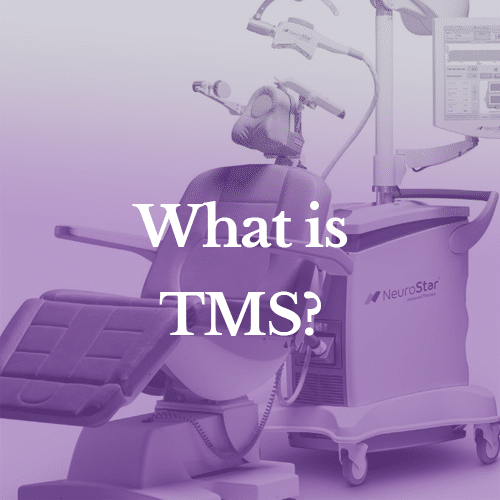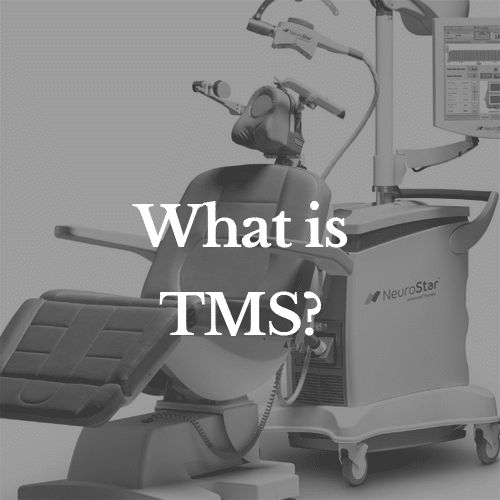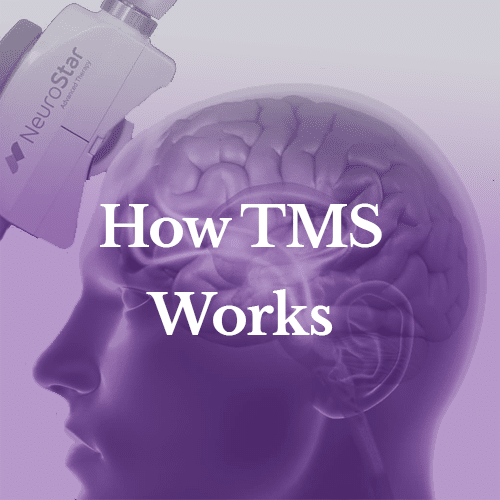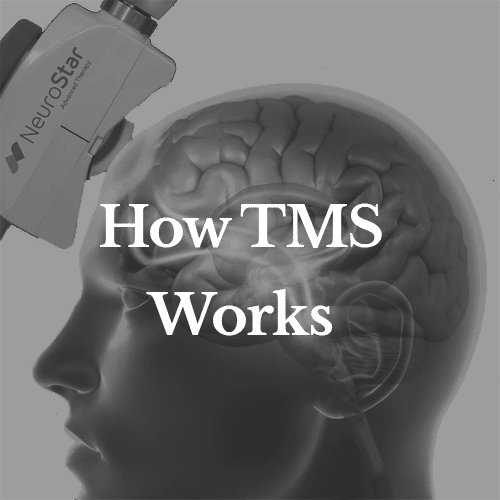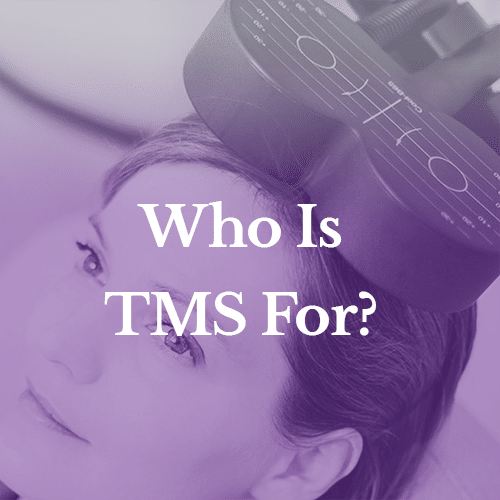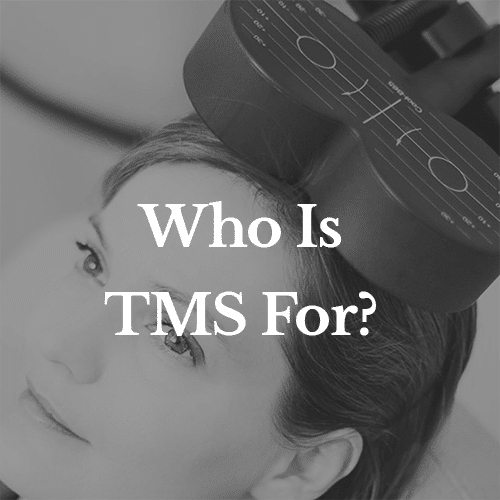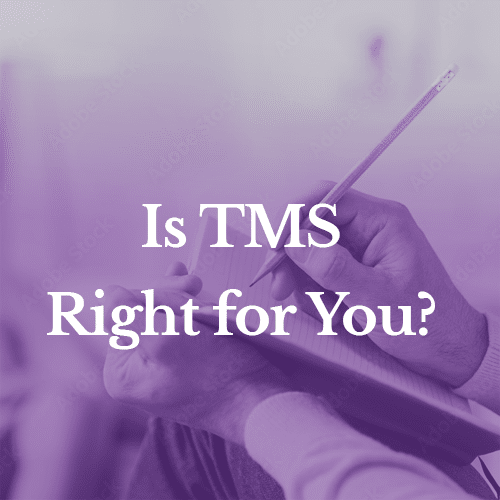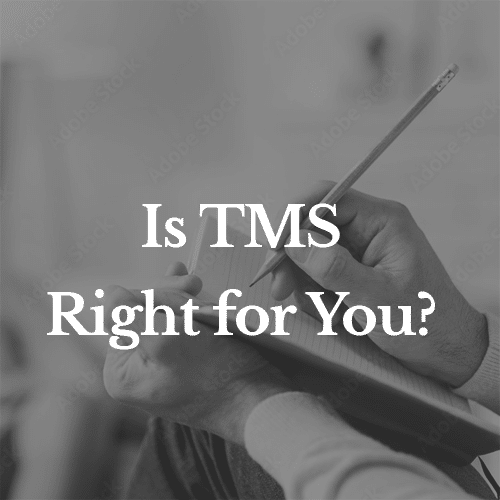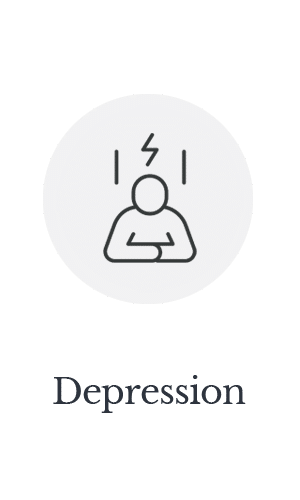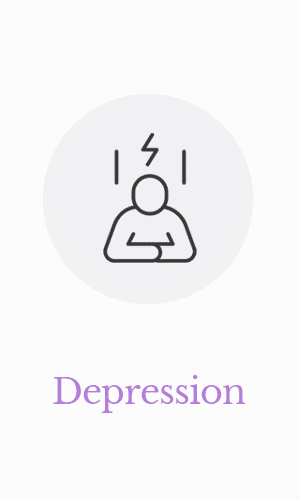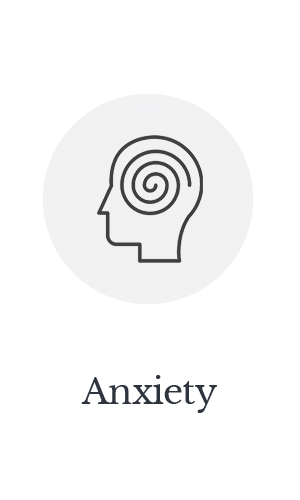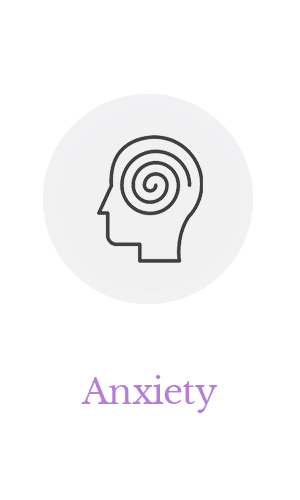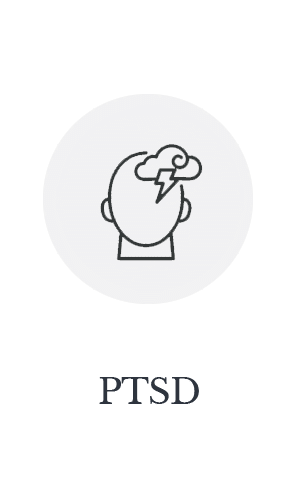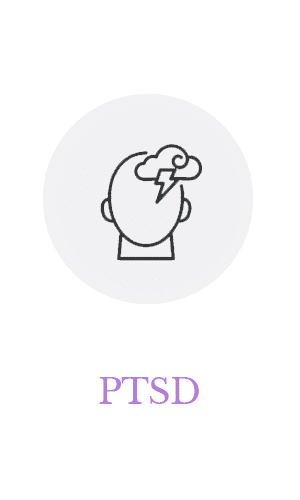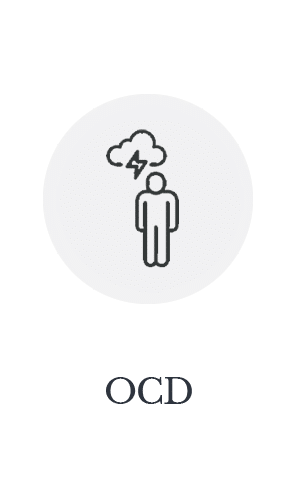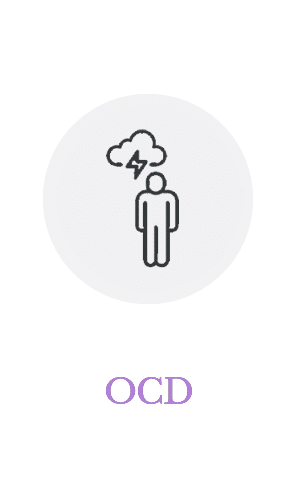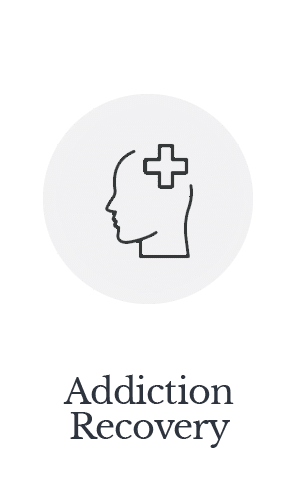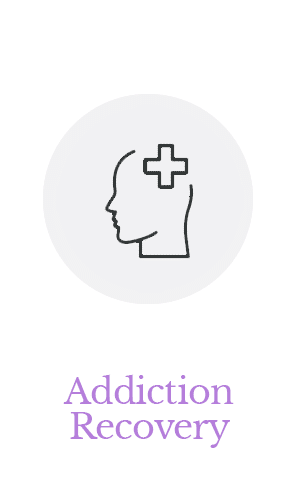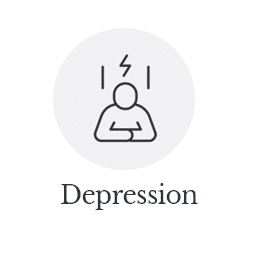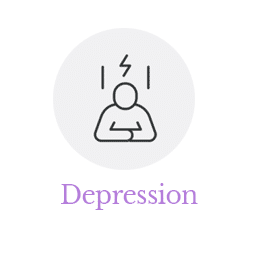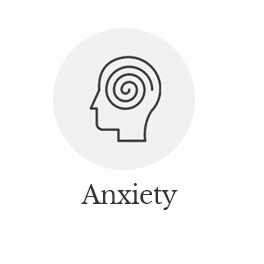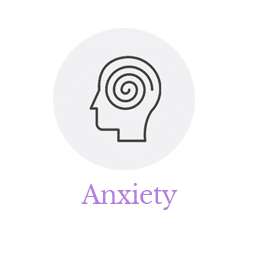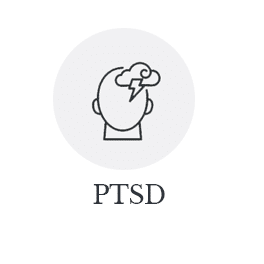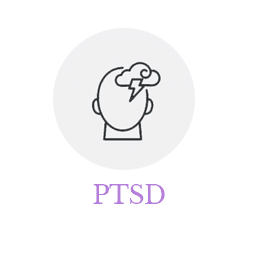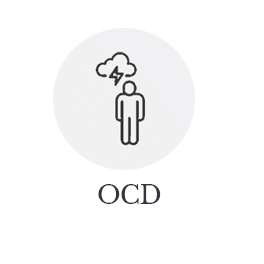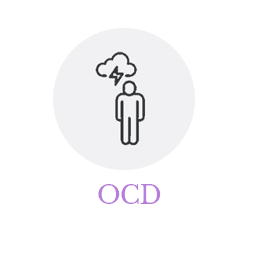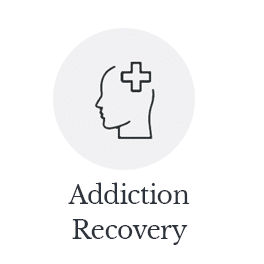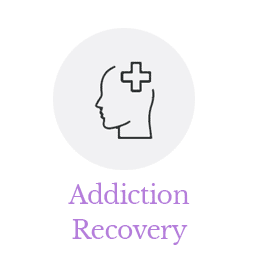Transcranial Magnetic Stimulation (TMS)
Another specialized treatment option for depression is TMS. It is a non-invasive and painless procedure. It has been FDA-approved for over a decade, and studies show it is a safe and effective treatment option.
An electromagnetic coil is placed on your scalp, and magnetic pulses are then applied. The pulses stimulate your nerve cells in specific brain areas, such as those responsible for mood regulation.
It does not require anesthesia, and there are no significant side effects. Common side effects can include headaches.
Over half the people with treatment-resistant depression see results with TMS. It can relieve depression symptoms, and they may go away completely. Usually, a person needs multiple sessions, and it depends on the individual as to how long the effects last.
It can be effective for all types of depression, including peripartum depression. There are instances when you should avoid TMS. This includes if you have seizures, are on certain medications, or have metal fixtures.



